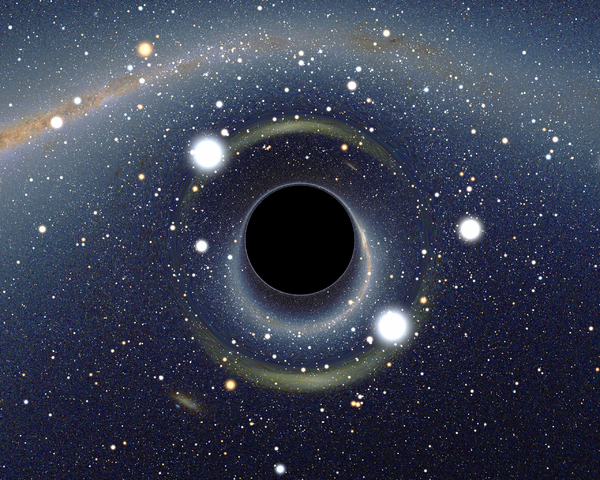Banks
Banned
There can not be a infinite about of points between two fixed points.
All the points between two fixed points must add up to the distance between two fixed points.
If there were infinite points then the distance between two points would be infinite.
Even using the idea of keeping 1/2 the distance to go, it some point in time you will reach the the next fixed point.
Oh......what's the size of the points?
Points have no size and you don't understand math. Fits perfectly in this thread, by someone that doesn't understand words.


